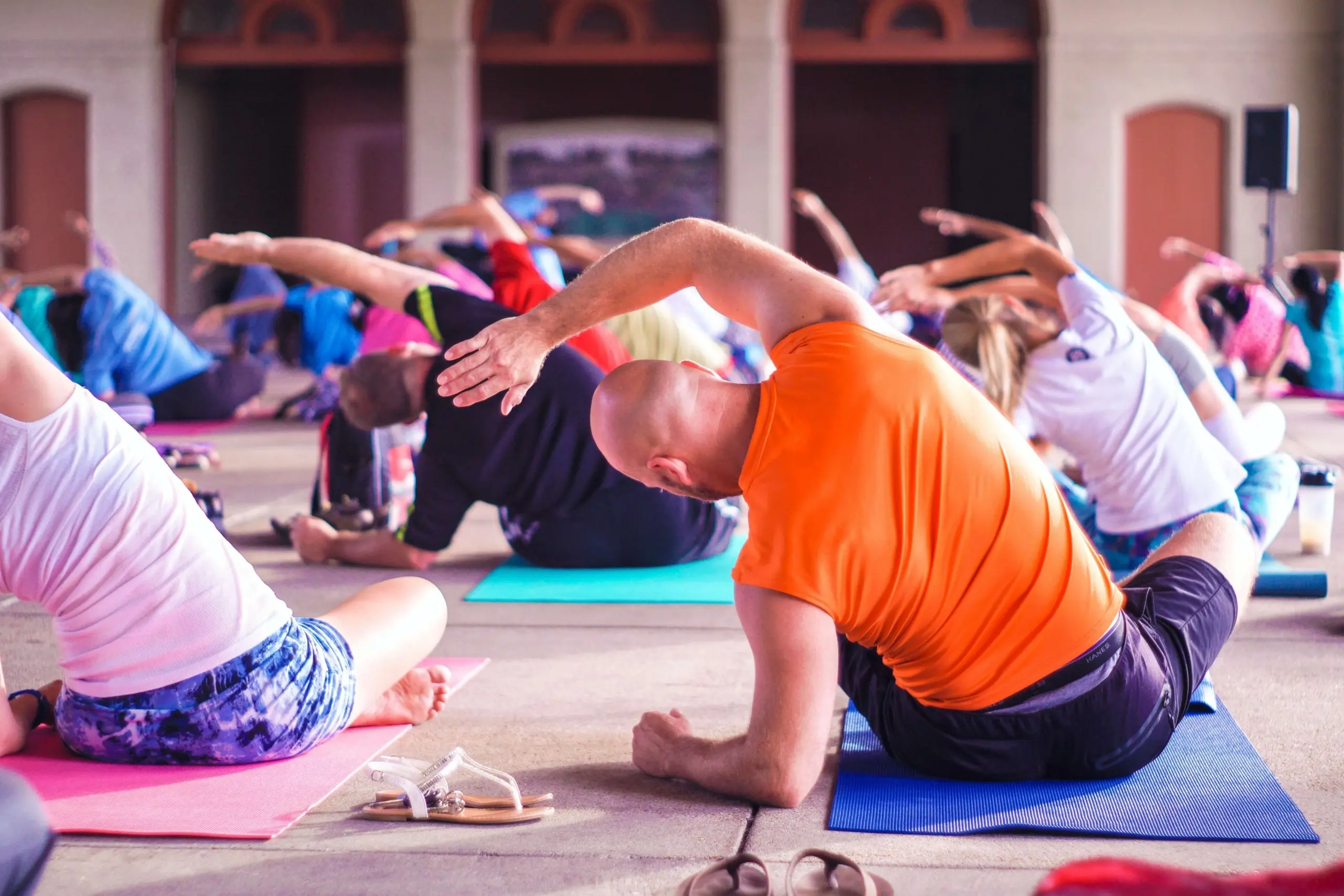The pursuit of happiness is a universal problem. Each day, people make many choices to either enhance their current state of happiness or discard what makes them happy. The following are some basic habits that can be incorporated into any lifestyle that will help the individual be happier, healthier, and more productive.

First, it is important to find forms of exercise that the individual enjoys. If a person is not interested in going to a gym or running on a trail, there are always options such as dancing, playing sports, and joining clubs. In order for exercise to have an impact on mood, however, it must be done frequently. One study shows that those who engaged in moderate-intensity exercises 3-4 times per week were less likely to experience depression than those who did not exercise at all. Additionally, individuals who exercised 6-7 days per week were the least likely to become depressed (Grekul).
With any type of exercise comes an increase in endorphins, sometimes called “the happy hormones,” because they give a person more energy and promote positive feelings. For this reason, exercising also gives people more energy to be productive throughout the day (Grekul).
Next, it is important for an individual to determine his or her passion in life and pursue it. People who enjoy their jobs tend to feel happier than those who do not like what they do. When a person is enthusiastic about what they are doing or has a strong interest in their “work,” it gives them an added boost of energy to be productive (Grekul).

A person can find his or her passion by asking simple questions such as “What are you good at?” and “What do you like to do?” Searching for one’s passion may be difficult, but there is nothing more gratifying for those who find an answer to these questions. The pursuit of one’s passion does not only apply to jobs and school but to relationships as well. When a person finds someone that complements them and allows their intrinsic values to flourish, he or she will be happier (Grekul).
Regularly expressing one’s emotions through talking with others or writing in a journal can help the individual cope with stress and find clarity (Grekul). This may not seem like a habit, but it is. According to Carolyn E. Arnold, Ph.D., “People who keep everything bottled up do not let their feelings out, and this creates tension. Keeping feelings bottled up can lead to stress, anxiety, and depression.” (Carolyn E. Arnold).
The final healthy habit is to make time for relaxation each day. Relaxation can come in many forms, such as watching a movie or listening to one’s favorite genre of music. People should always be sure to balance relaxation with productivity, however (Grekul). Even though it is important to relax, people should not forget that they still need to be productive throughout their days.
1. People will have more energy and feel happier because exercise releases endorphins, sometimes called “the happy hormones,” that give people more energy and promote positive feelings.
2. People who find their passion can feel happier because there is nothing more gratifying than pursuing what you are passionate about in life.
3. Being able to express emotions through talking with others or writing in a journal will help the individual cope with stress and find clarity.
4. Making time for relaxation can come in many forms, such as watching a movie or listening to one’s favorite genre of music. However, people should always balance relaxation with productivity throughout their days.
People can incorporate these four habits into their own resolutions for a happier life. They may seem simple on paper, but they can help individuals find happiness once implemented into daily routines.

In conclusion, there are many ways to improve one’s quality of life. Another way is to surround yourself with positive people who will encourage you and help motivate you when you feel like giving up. Feeling understood by someone can decrease levels of stress, which in turn promote happiness (Fredrickson).
Although these habits may seem simple on paper, making small changes in a person’s daily routine can dramatically increase their happiness and sense of well-being. These healthy habits for a happier life should be included in everyone’s New Year Resolutions.
Fredrickson, Barbara L., Ph.D. “What Good Are Positive Emotions?” The New York Times January 1, 2001
“How to Be Happy: 3 New Secrets From Research.” Aeon – Latest Stories. N.p., n.d. Web. 04 Dec. 2013
Gokul, Jade. “10 Simple Steps to a Happier Life.”LIVESTRONG COM August 6, 2012
Carolyn E. Arnold, Ph.D.”4 Healthy Habits for a Happier Life.” American Journal of Lifestyle Medicine September 2012: Vol. 6, No. 3: 248-254
